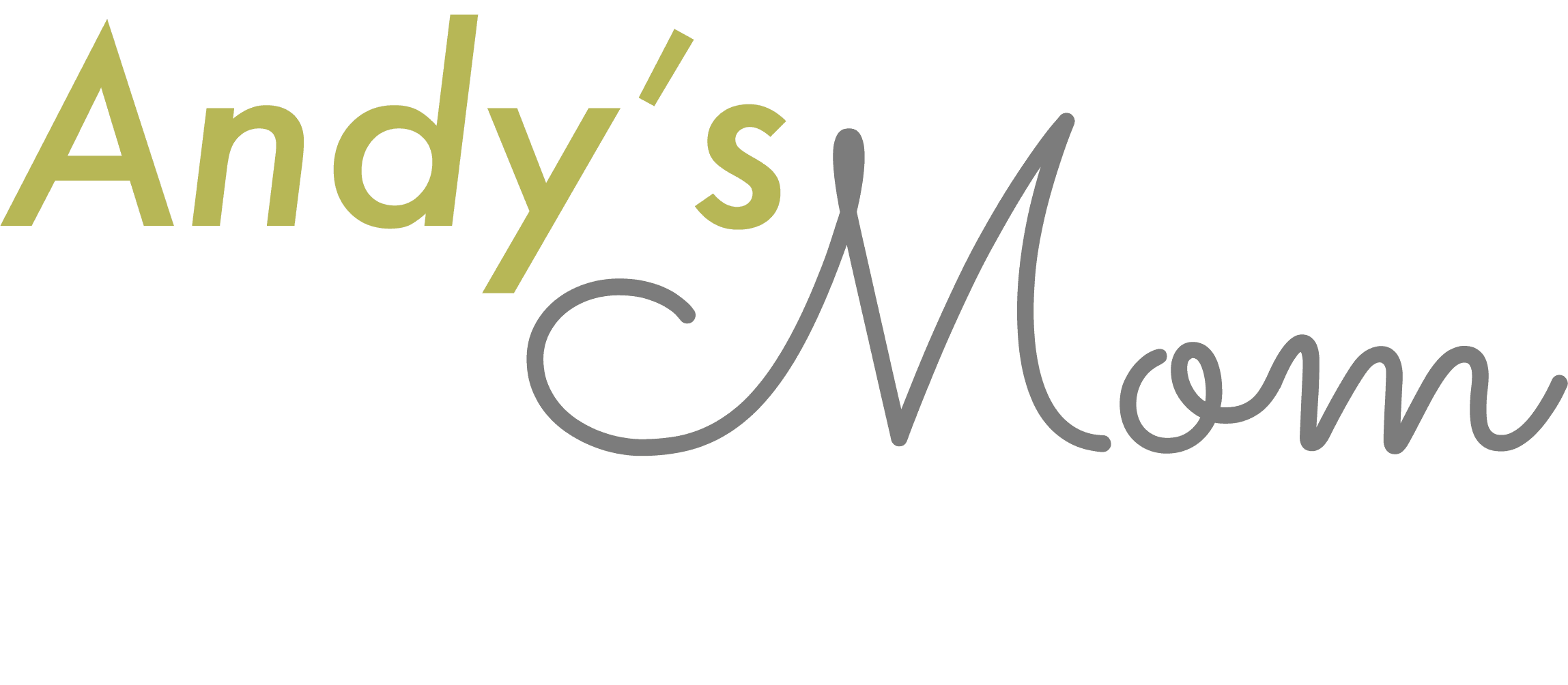


I have often said that different people grieve differently. Today’s guest, Lori, adds a new twist to that statement. She lost two of her four sons almost 30 years apart from each other, and she is grieving so much differently now than she did the first time around, showing that the same person can grieve similar losses differently as well.
The stories of Michael and Logan’s deaths are far different. Michael died at age 2 of an aggressive type of cancer called neuroblastoma. He died after 9 months of treatment in his mother’s arms at the hospital, which she says gave her time to say goodbye, but also forced her to watch him endure pain and suffering. Twenty-five-year-old Logan, on the other hand, died suddenly from an accidental drug overdose in his apartment. Logan was there one day and gone the next.
Lori says that after losing Michael, she became an extremely compassionate person. She and her husband turned to each other for support. Loris describes him as her rock. She was very involved in church, turning to her faith to help ease the intense pain of loss. Over the years, Lori says that her biggest fear was that she might lose another one of her three remaining boys, but despite Logan’s long history of mental health struggles, she did not ever think this would happen to them again.
Then, 18 months ago, the unimaginable occurred – Logan died, too. After Michael died, compassion emerged. This time, however, fear and anger are the dominant emotions. She has trouble going out in public. Lori hasn’t gone to church, and her faith feels broken. Her relationship with her husband has been damaged, and she has moved in with her two living sons, who are now her two rocks. Online support groups and podcasts have become her coping strategies.
These vastly different responses may seem surprising. I know they were unexpected to Lori, but there is a lesson here.
Grace. We need to give others and ourselves grace. We cannot control our feelings or our responses to grief. We need to feel our emotions, whatever they may be, and work through them. Through hard work, hope for the future may come again, for Lori and for us.

Tough t listen too but thanks Very well done
Such gifts of life Michael & Logan.
Lovingly expressed and lovely keeping ❤️ their legacy alive.
Honestly your strength to share is help the others in grief. 🙏
Thank you Cheryl Denton for your kind words❤️